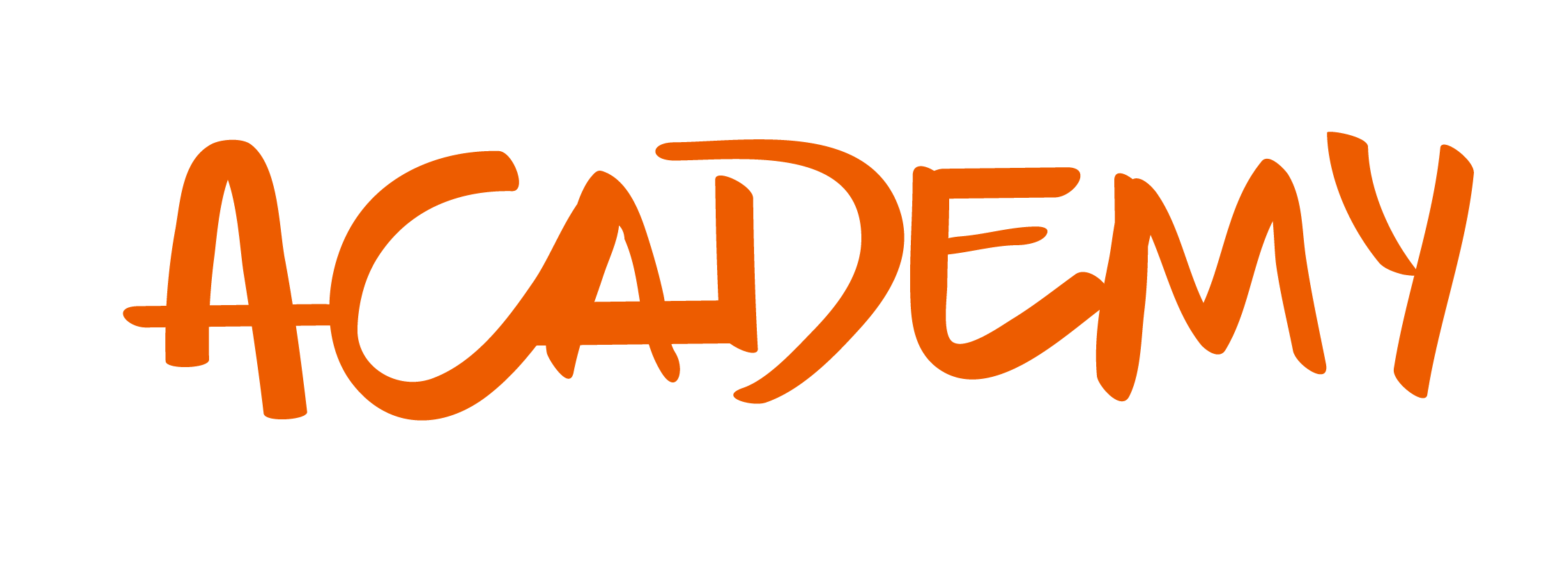Software companies face unique and complex challenges. Effective management of resources, projects, and profitability are crucial aspects that can mean the difference between success and failure. In the following blog post, we will analyze recent insights based on conversations with a software development company, highlighting the importance of addressing daily operational problems and how the right management tools can be the solution.
Challenges in Resource and Project Management
The main pain point for many technology companies lies in resource allocation: who is working on what and when. This lack of visibility and control can lead to underutilization or overallocation of personnel, affecting team morale and project delivery. Currently, many companies try to manage this using spreadsheets like Excel, but this manual solution is prone to errors and does not scale well with business growth.
Additionally, time tracking and project profitability are aspects that are often overlooked or inefficiently managed. Without an appropriate tool, it is almost impossible to obtain a clear view of the profitability of individual projects or team efficiency.
Some of the main challenges faced by technology companies include:
- Lack of visibility → Impact: There is no precise knowledge of the team’s workload to manage resources and projects efficiently. Time loss in generating and sharing reports for clients.
- Profitability calculation per project: are estimates → Impact: Loss of money, lack of knowledge about which services are best to offer. Lack of knowledge about which projects are more or less profitable.
- Inefficient communication between teams and stakeholders, and expectations of quick delivery → Impact: can lead to misunderstandings, scope changes, lower service quality, potential customer loss.
- Overload → Impact: turnover and its consequences.
Automation and Optimization through Management Tools
The implementation of an appropriate project and resource management tool can fundamentally transform the way a technology company operates. These tools not only automate operational and repetitive tasks but also provide clear visibility of resource allocation, project progress, and profitability. The result is significant time savings, which helps the team focus on their tasks and ensures workflow through automation.
Combining centralized tools in a single platform can provide a holistic view of company performance, allowing leaders to make informed decisions based on real-time data. This data generates greater confidence as the information available is always up-to-date. This visibility improves team performance with real-time visual data.
Artificial intelligence incorporated into management tools helps reduce manual work and accelerate productivity.
“A single source of information for everything: teams linked across the organization on a single centralized work platform.”
Having all the information in one place allows for a better understanding of the work that needs to be done. It provides ease and agility at the collaboration level. An integrated platform like COR provides IT teams with the visibility needed to deliver quality service, regardless of where they are located. It allows team members to collaborate, share knowledge, and receive instant feedback.
Teams can quickly provide excellent service experiences
Companies working with agile software development methodologies seek to deliver small working pieces of software in a short time to increase customer satisfaction. These methodologies use flexible approaches and teamwork to deliver continuous improvements.
Transparent interaction, teamwork, flexibility, and mutual trust are fundamental in the practice of agile methodology. Although it is generally the project leader or product owner who sets the delivery priorities, it is the team that takes the lead in execution, deciding how to organize and break down the work into specific tasks and responsibilities independently.
Teams that adopt the agile methodology are equipped to quickly adapt to market variations or consumer opinions without compromising the complete annual planning. However, in this approach, numbers are not the central element; people are the priority. Establishing relationships with customers and colleagues takes precedence over following strict protocols, and delivering solutions that effectively meet customer needs is more crucial than producing extensive and detailed documentation. An agile team maintains a unified vision and works together to materialize it in the best way they consider. They set their own standards of quality, usability, and integrity. Their own interpretation of “completed” guides the speed at which they progress in their tasks. Although this approach may seem daunting at first, business leaders find that placing trust in an agile team results in greater dedication and an effort to meet or even exceed management expectations.
Complete visibility across the organization allows for better management criteria and brings together teams and tools for coordination that leads to remarkable results.
A management tool provides a centralized, flexible, and collaborative way to deliver the exceptional service that customers expect. Through efficient management, teams can provide exceptional operational and support services.
Success Case: Integration and Analysis
A successful strategy is to move resource management out of Excel and use dedicated tools that integrate with project tracking systems like COR. This allows technology companies to move from manual planning and tracking to a more automated and data-driven approach.
Automating data collection and analysis allows sales and marketing teams to optimize their tasks, focusing on value-generating activities such as prospecting and building customer relationships, rather than data management. Additionally, real-time visibility of schedules and team workload improves resource allocation, leading to better project planning and execution. It also helps teams capture and prioritize projects so they can align their roadmaps and focus on the highest impact opportunities.
The leader can prioritize and analyze the team’s work in context and with visibility at all levels. Developers can focus on their work while the company remains coordinated. From planning to progress visualization, backlog management, and error tracking, COR facilitates seamless collaboration throughout each project’s stages using agile best practices.
RESULTS:
- Increase in operational efficiency and optimization in resource allocation for IT projects.
- Improvement in collaboration and communication between technical and non-technical teams.
- Effective communication and a comprehensive view of project profitability.
- Integration of everything into one platform, avoiding manual work.
Profitability and Success Measurement
Finally, a comprehensive management tool allows for better measurement of profitability and effectiveness. By automatically tracking time and costs associated with each project, companies can quickly identify those that exceed budget or schedule.
Through platforms like COR, powerful analysis and reports are obtained. Valuable performance insights can be visualized, bottlenecks can be identified, and data-driven decisions can be made to continuously improve processes.
Conclusion
Technology companies face unique challenges that require innovative solutions. Adopting comprehensive management tools is not just an operational improvement but a strategic transformation that can lead to greater efficiency, profitability, and success in the current competitive market. By focusing on automation, visibility, and analysis, technology companies can overcome their current challenges and position themselves for future growth.












